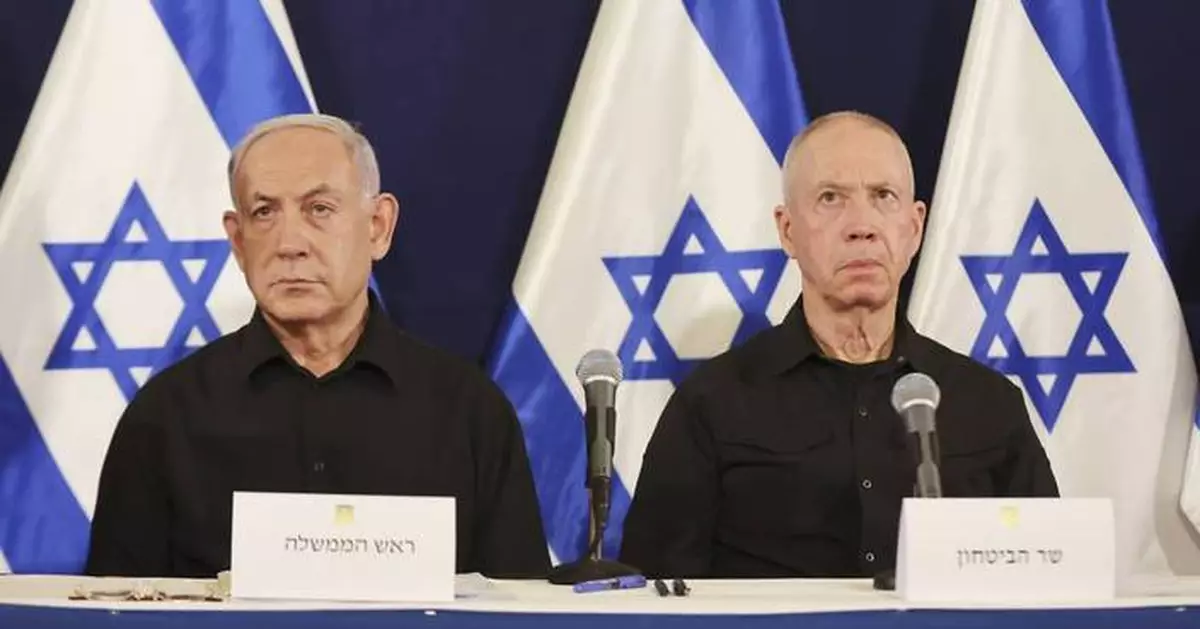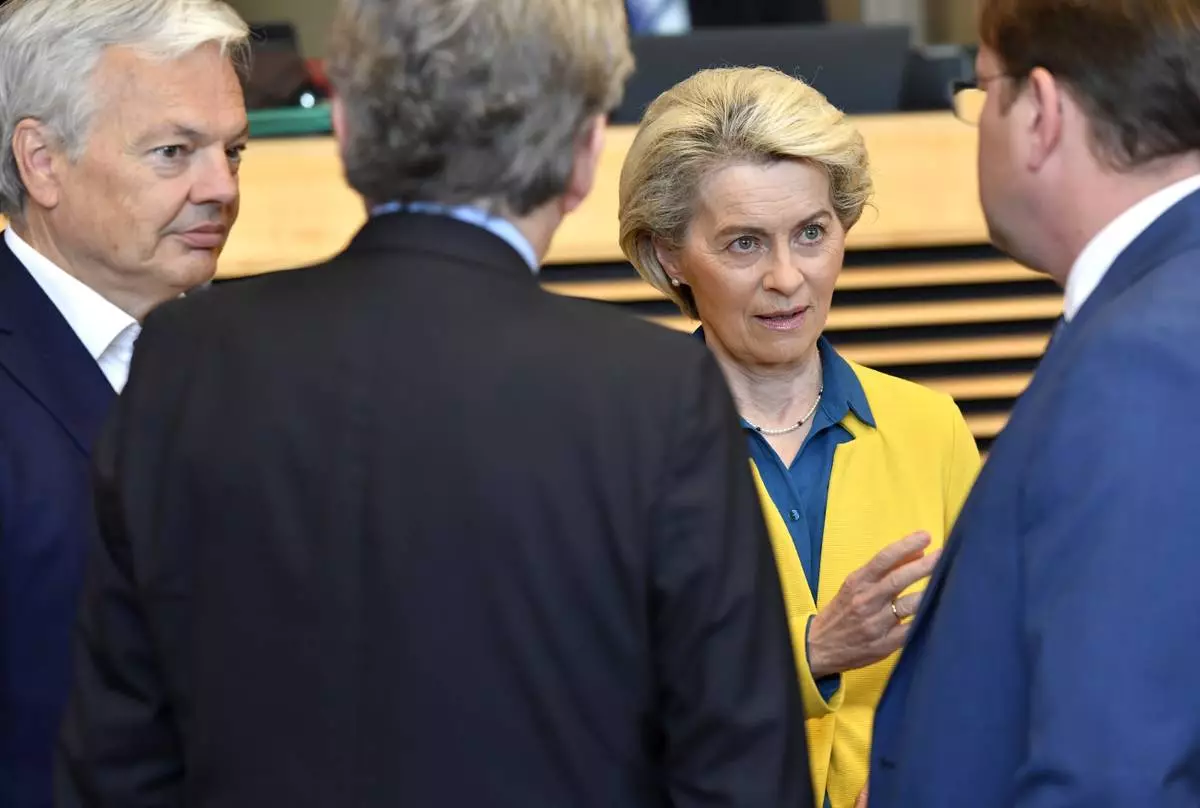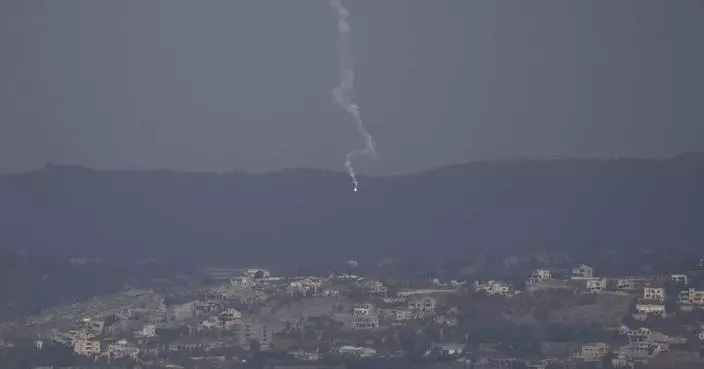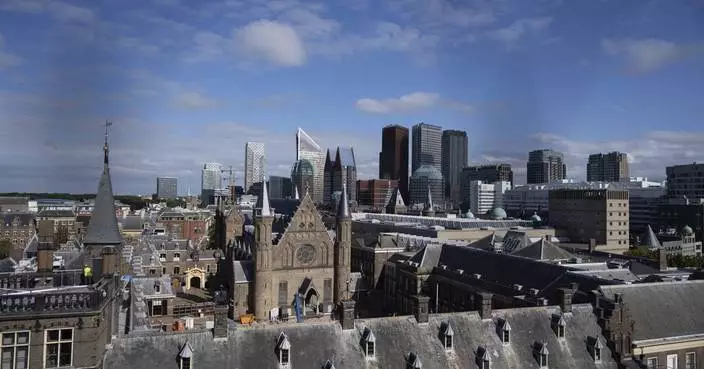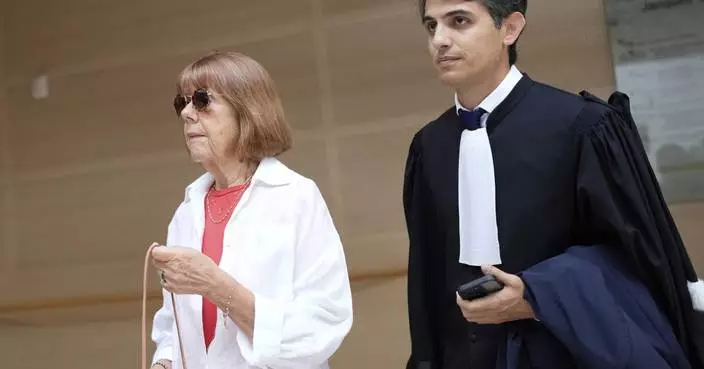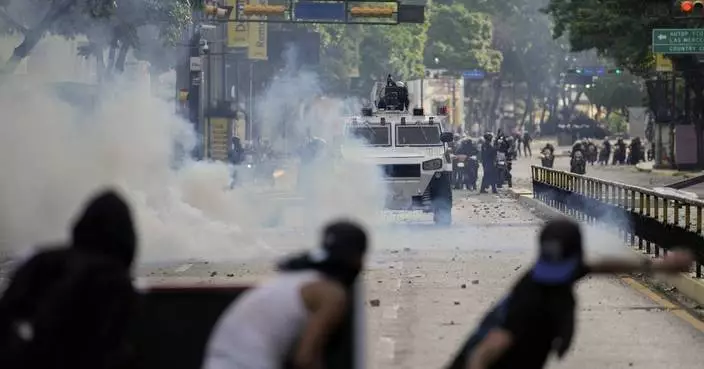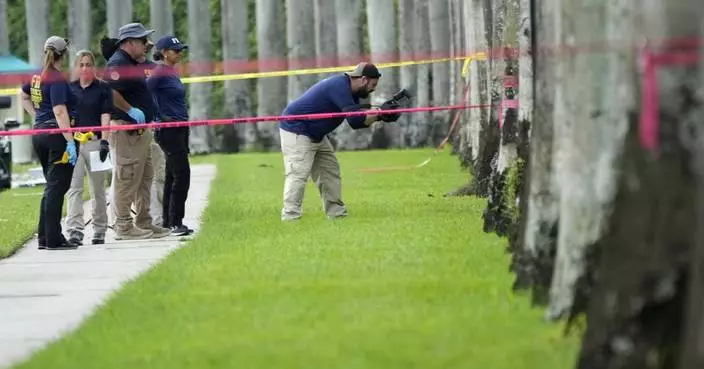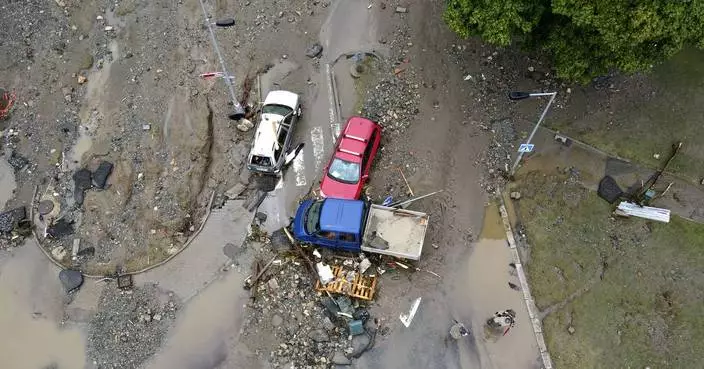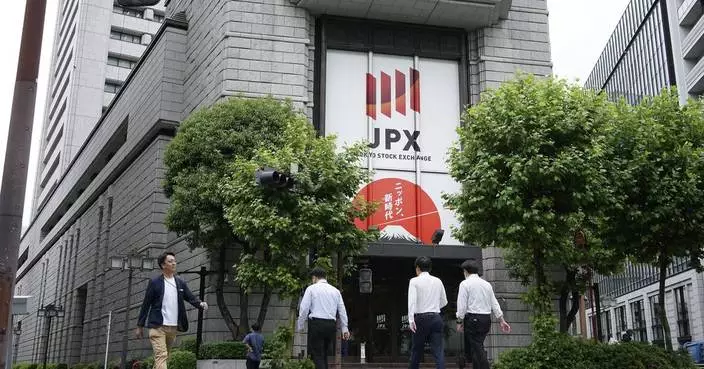TEL AVIV, Israel (AP) — Israel’s defense minister says the window is closing on an opportunity to reach a temporary cease-fire deal with the Hamas militant group that he believes could also bring calm to the country’s volatile northern border with Lebanon.
Speaking to reporters, Yoav Gallant said that conditions are ripe for at least a six-week pause in fighting that would include the release of many of the hostages held in Gaza. However, he would not commit to a permanent end to the fighting, as Hamas has demanded, raising questions about the feasibility of a deal.
“Israel should achieve an agreement that will bring about a pause for six weeks and bring back hostages,” he said. After that period, he said, “we maintain the right to operate and achieve our goals — including the destruction of Hamas.”
The United States, along with mediators Egypt and Qatar, has been working for months to broker a cease-fire to end the devastating war between Israel and Hamas. A main area of disagreement has been Hamas’ demand for an end to the nearly year-old war and a full withdrawal of all Israeli troops from the Gaza Strip.
Israeli Prime Minister Benjamin Netanyahu has raised a new sticking point in recent weeks, saying that Israel must remain stationed in a strategic corridor along Gaza’s border with Egypt indefinitely.
Gallant has been quoted in Israeli media as saying that Israel could withdraw from the corridor for six weeks — to allow hostages to go free without risking Israel’s security. The two men reportedly got into a heated shouting match at a recent Cabinet meeting where ministers overwhelmingly sided with Netanyahu.
During Monday’s meeting with foreign journalists, Gallant was asked about his relationship with the prime minister.
“As defense minister, my first priority is the state of Israel and those who protect her, and then everything else,” he said.
The current U.S.-led proposal calls for a three-phase plan, beginning with a six-week pause in fighting during which Hamas would release some of the roughly 70 hostages who are still believed to be alive and held by the militants.
In exchange, Israel would free dozens of Palestinian prisoners, withdraw troops from Palestinian population centers, allow displaced Gazans to return to their original place of residence and facilitate the influx of large amounts of badly needed humanitarian aid.
White House national security spokesman John Kirby said on Monday that Hamas had sought changes to the evolving proposal, calling it the “main obstacle” to a deal. Hamas rejected Kirby's allegations as “baseless” and again accused the U.S. of hindering an agreement by siding with Israel.
Gallant cast doubt on Hamas' intentions and was skeptical about whether the deal’s second phase — which is to include the release of the remaining hostages and a complete halt to the fighting — could be implemented.
He said repeatedly that Israel remains committed to its “war goals” — bringing home all hostages, destroying Hamas’ military and governing capabilities, and making sure the group can never threaten Israel again.
With Hamas repeatedly regrouping in areas of Gaza that Israeli troops have left, and with no plan for an alternative postwar government, it remains unclear when or if these goals can be fully achieved.
Gallant accused Hamas of intransigence in the talks and called for more international pressure on the militant group. Still, he said that after inflicting heavy damage recently on Hamas in Gaza and Hezbollah militants in Lebanon, there is an opportunity for at least the first phase of the deal.
He said he believed a truce with Hamas could also lower tensions with Hezbollah and allow displaced Israelis to return to their homes in northern Israel, near the Lebanese border.
Hezbollah began striking Israel immediately after Hamas’ Oct. 7 attack ignited the war. Israel and Hezbollah have exchanged cross-border fire daily, coming close on several occasions to a full-blown war. The fighting has forced tens of thousands of Israelis and Lebanese to flee their homes near the volatile border.
“Achieving an agreement is also a strategic opportunity that gives us a high chance to change the security situation on all fronts,” Gallant said.
It seems unlikely that Hamas would accept a partial deal in which it would give up the hostages — its most valuable bargaining chips for only a brief pause in the Israeli onslaught.
But international mediators have been working on a bridging proposal that they hope could meet the demands of all sides. President Joe Biden said last week he was “optimistic” that a deal was within reach.
At home, the Israeli government faces significant domestic pressure to reach a deal as well, particularly after the deaths of six hostages it says were killed by their Hamas captors earlier this month as troops approached the area where they were being held.
Gallant described the current situation as a “strategic junction” — where Israel can reach a deal with its adversaries or risk fighting a broader war that could draw in Hezbollah and its sponsor Iran.
Gallant said he prefers a deal, but that Israel is ready for all scenarios. “We are capable of defending ourselves and we can also retaliate if necessary,” he said. “We have the ability to hit any strategic goal in Iran.”
Israel's offensive in Gaza has forced hundreds of thousands of people into squalid tent camps and schools-turned-shelters, gutted the health system and contributed to widespread hunger. Israel has been working with international aid workers in recent weeks on a mass vaccination program to prevent a polio outbreak in the territory from spreading.
As for the dire humanitarian situation, Gallant said he has assembled an advisory group of experts to focus on five areas of need. They include improved medical care, aid deliveries, energy, water and sanitation and better communications with aid workers.
“We discuss and hold situation assessments on this issue twice a week,” he said.
Associated Press writer Colleen Long in Washington contributed to this report.
Find more of AP’s coverage at https://apnews.com/hub/israel-hamas-war
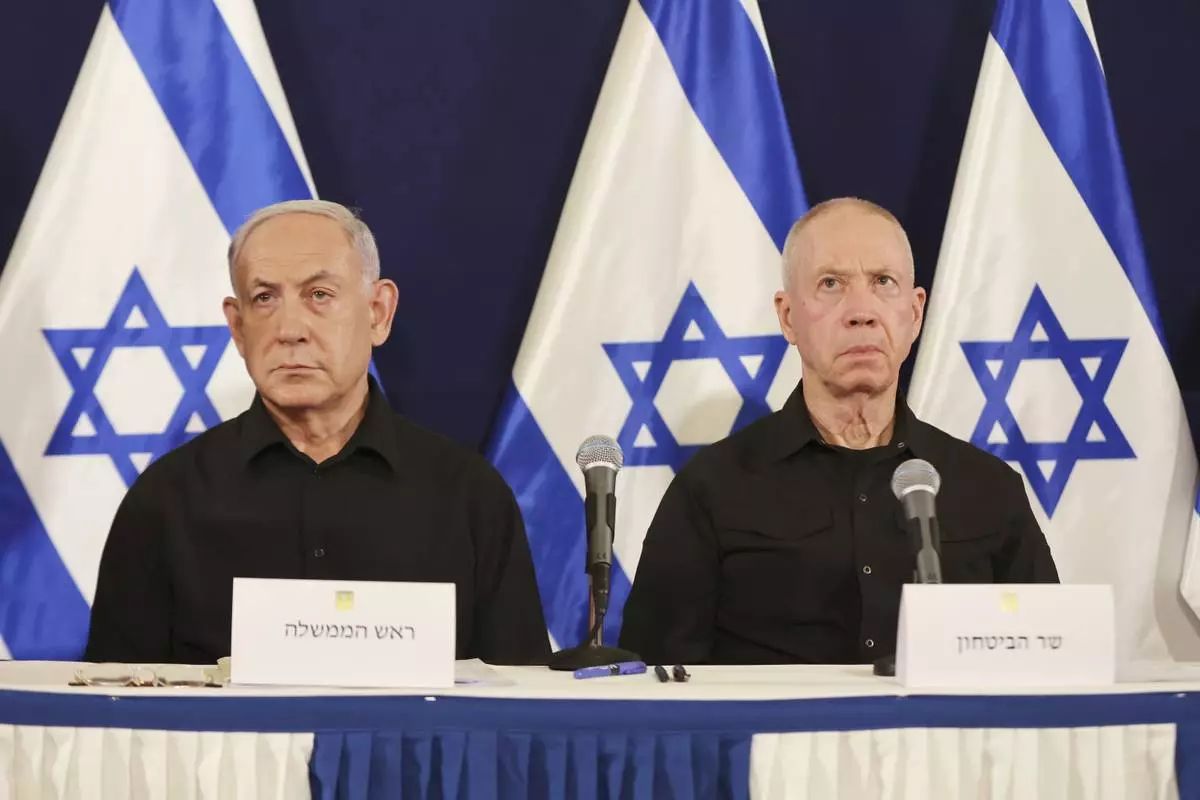
FILE -Israeli Prime Minister Benjamin Netanyahu, left and Defense Minister Yoav Gallant attend a press conference in the Kirya military base in Tel Aviv, Israel, Oct. 28, 2023. (Abir Sultan/Pool Photo via AP, File)


